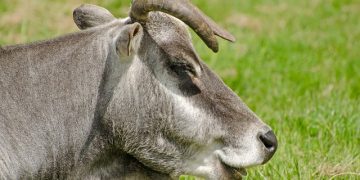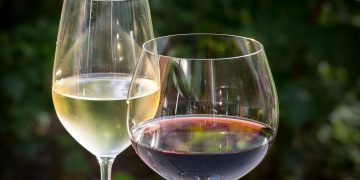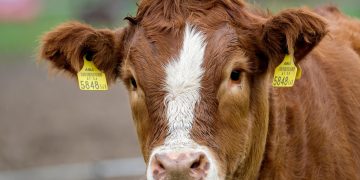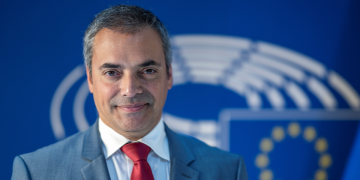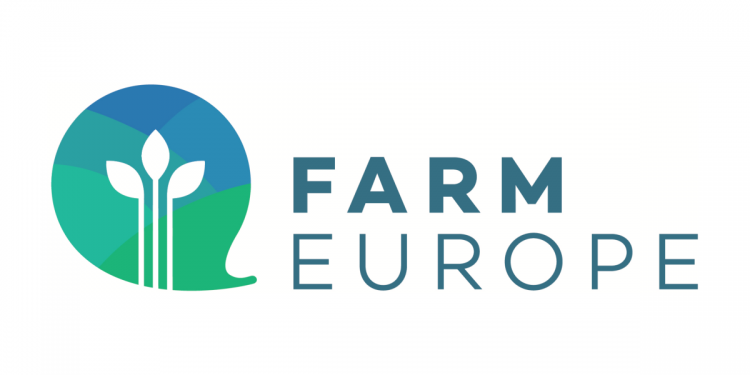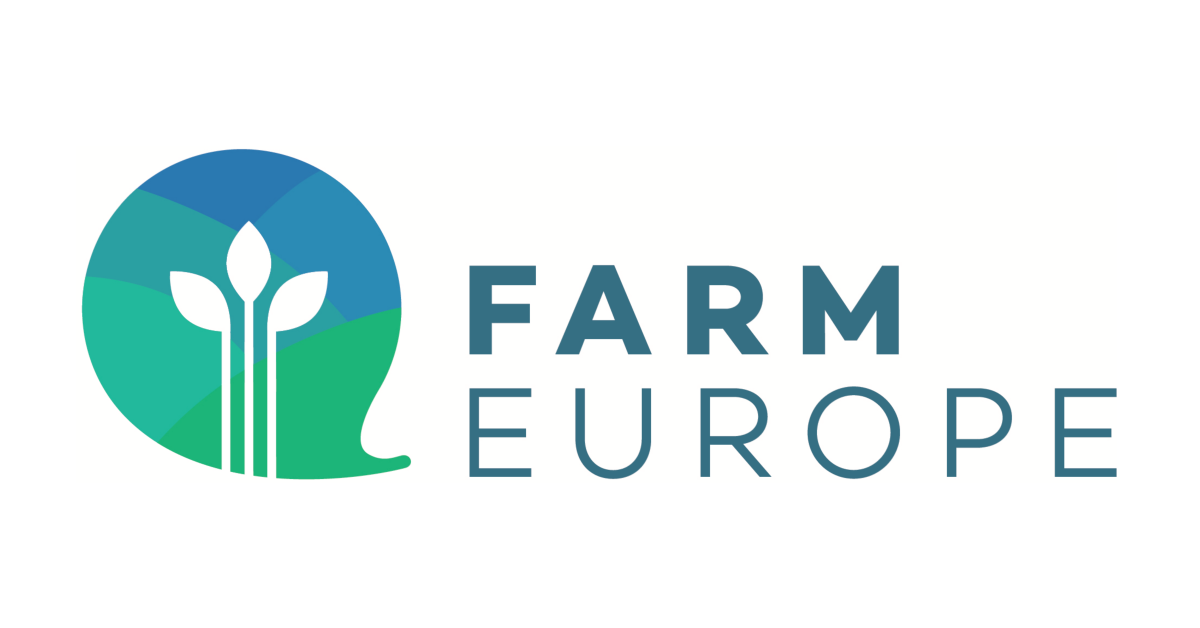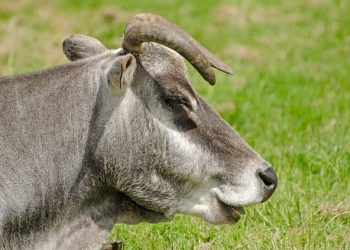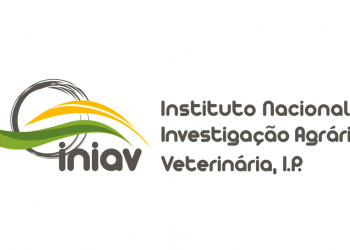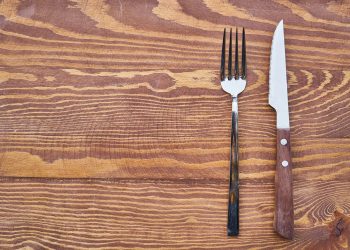Since July, the European Commission has been on the defensive, trying to justify President Ursula von der Leyen’s decision to merge, into a single fund, the Regional and National Partnership Plan (NRPP), the EU’s traditional policies, the CAP and Cohesion, and several others (fisheries, social fund, climate, etc.). To defend this move, the Commission attempts to present this “earthquake” to the various beneficiaries of these policies (taken individually) as an unparalleled opportunity.
Yet, the arguments put forward by the European Commission do not withstand a close analysis of the proposals presented on 16 July, which primarily allow one to say one thing and its opposite, as any predictable political direction or EU-wide framework has been abandoned.
These are just some of the reasons why Farm Europe considers that the Commission’s proposal can hardly serve as an acceptable starting point for co-legislators—and even less so for the European Parliament, which would lose its raison d’être for all these policies.
1) A protected budget—or not
According to the Commission, the NRPP would be an opportunity for farmers, but also for local elected officials, fishers, and many other communities thanks to the flexibilities granted to Member States in budget allocation. After earmarking the (reduced) envelope for the next CAP, a total of €453 billion would supposedly remain available for everyone to draw from. A more honest reading of the numbers shows this is far from the case:
- Almost the entire NRPP envelope is allocated to national envelopes. Therefore, there is no real EU-wide flexibility in this fund, which would become an appendix to national budgets. Taking into account the various allocations, there is in reality barely €15 billion of margin at the European level.
- Within the NRPP envelope itself, all historical EU policies undergo deep cuts—around 20% for the Common Agricultural Policy (17.6%) and 40% for Cohesion Policy. The ESF+ exists only on paper, without a budget. Under these conditions, how can one believe the Commission’s argument that farmers could recover amounts beyond the €300 billion protected envelope from a supposedly unallocated reserve?
A calculation based on the national allocations proposed by the Commission shows this is pure optical illusion. Ireland would have to access more than 75% of NRPP funds beyond the protected CAP envelope to maintain the latter at its 2027 level; France 48%, Spain 21%, Italy 18.5%. It is clear that this impossible equation, leaving difficult choices to Member States, would only sow discord and create a toxic atmosphere in national negotiations, with no winner in sight. In any case, this framework offers no predictability or stability to farmers, despite being an economic policy with significant market impacts.
2) A simpler framework—or not
The Commission claims this new programming would simplify matters thanks to the flexibilities granted to Member States. This ignores the experience accumulated over the years in implementing the current CAP.
In reality, the Commission’s proposed step further toward renationalization has a double effect:
- On one hand, it technocratizes policies into programs managed opaquely between national administrations and the European Commission, sidelining political leaders, including the European Parliament.
- On the other hand, it systematically organizes political irresponsibility. With no clear rules established by law, national officials can easily shift responsibility to “Brussels” to justify their choices—even to their political superiors—while the Commission in turn shifts responsibility back to national administrations.
Thus, there is no simplification, only permanent ambiguity and the removal of political accountability. Both national and European administrations have in the past demonstrated remarkable creativity in complicating even the simplest schemes, especially since performance indicators allow them to justify sometimes arbitrary decisions or compromises between sensitivities across multiple ministries.
Regarding the CAP, one can question the relevance of any recommendations the Commission might make, especially as it plans to further reduce the level of expertise within its agricultural services through drastic staff cuts.
3) A greener framework—or not
The Commission has highlighted the “do no harm” principle to give its regulation a green veneer and appeal to the environmental community. At the same time, it announces the removal of conditionality to appease the agricultural community.
First, it is regrettable to reduce environmental and climate objectives to a sterile opposition that does not reflect the real challenges farmers face.
Second, it is simply false to claim that the new framework would be greener or less green, simpler or more complex. In this regard, the regulations provide no real answers; the only certainty is the creation of a hellish system of competitive distortions between and within Member States, exposing the agricultural sector to the vagaries of changing sensitivities within national administrations.
The “Farm Stewardship” system allows for significant divergence in the baseline ambition of agricultural environmental policies within the internal market, which is especially concerning as it would form the foundation for other environmental programs.
Already, at least in the short term, it is clear that it is easier to be a Hungarian farmer than a German one. In highly decentralized countries, distortions could arise within a single Member State, as has already occurred in Belgium regarding measures against soil erosion. Neither farmers nor the environment benefit from such an abandonment of EU-wide ambition.
4) Farmers consulted—or not
Finally, and perhaps the most politically damaging for the stability of the European project, the reform presented claims to be the result of broad consultations. The Commission President launched a strategic dialogue, then a consultation forum (EBAF), before drafting a strategic vision for agriculture.
In the end, none of the elements of this vision are concretely reflected in the political choices or budgetary and agricultural proposals put forward by the Commission. Farmers who participated in these consultations have every reason to feel instrumentalized, as do the NGOs involved.
This process has been used as a pretext by the Commission to justify the near-total absence of consultation with elected representatives—the European Parliament. The culmination of this charade is the Danish presidency organizing NRPP negotiations, leaving virtually no room for institutions specifically responsible for agricultural matters.
With the NRPP, policies become programs, and the almost-exclusive decision-makers—finance ministries—leave politicians with only secondary elements of these programs, once all axes and political options have been set in closed NRPP negotiations.
A Commission claiming to be political would thus end politics itself and defer to the administrations.
O artigo foi publicado originalmente em Farm Europe.

